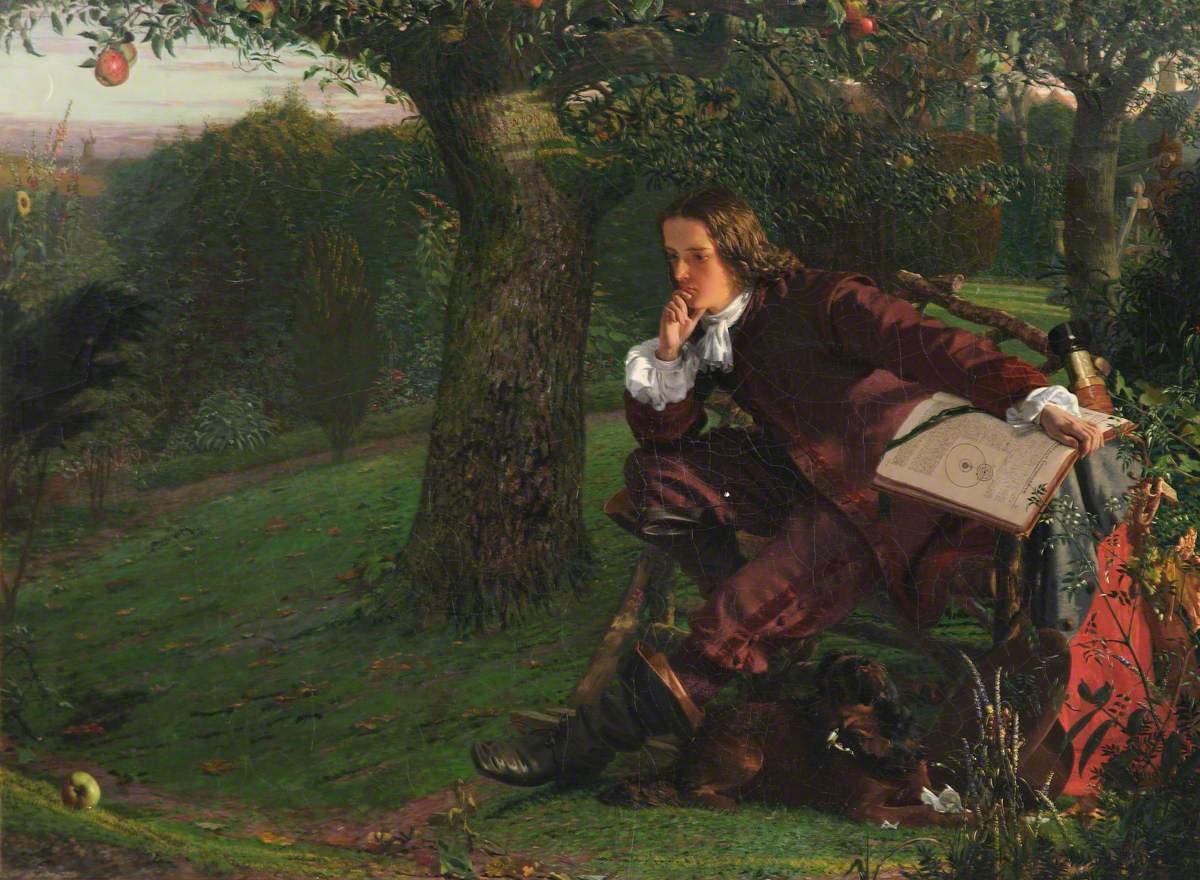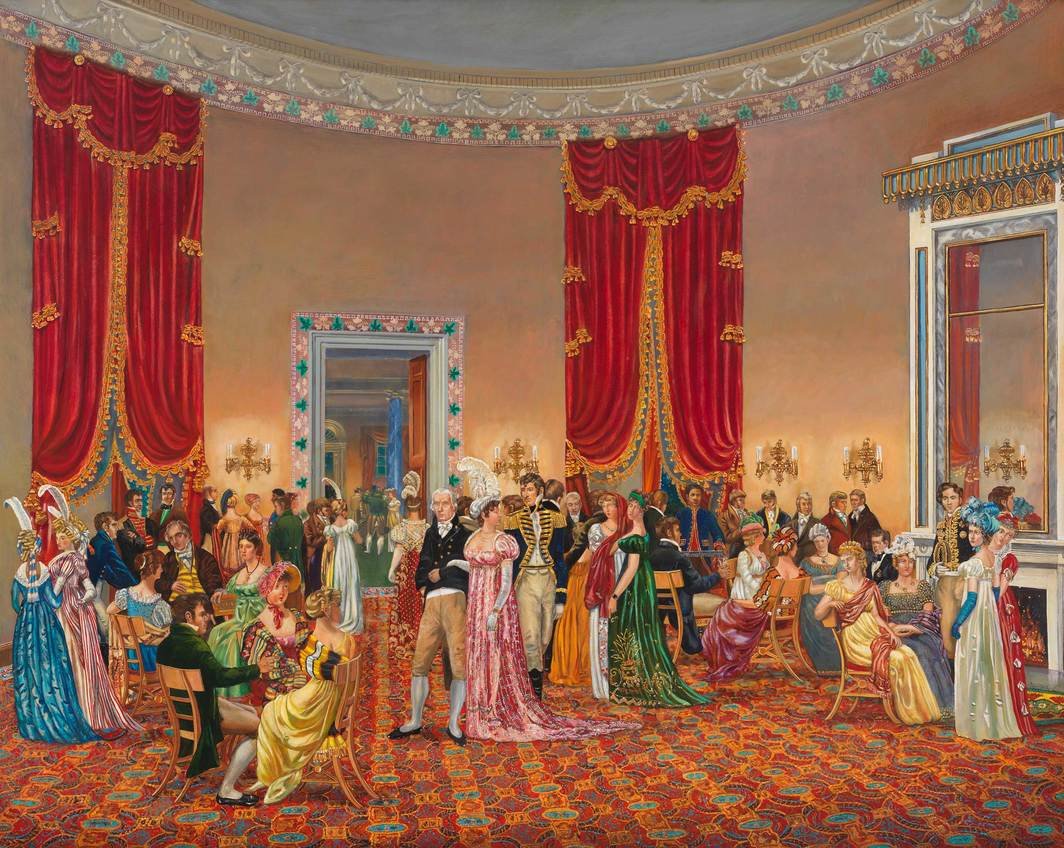I Spy a Unit Study
This winter is the perfect time to take a chronological deep dive into some of history's most celebrated spies.
Francis Walsingham (ca. 1532–1590)
Queen Elizabeth’s adviser was the first great English spymaster, and the culmination of his secret intelligence work was the frame-up, capture, and execution of Mary Queen of Scots in 1586. Most of Walsingham’s efforts were directed against the Catholics, whom Walsingham, a staunch Protestant who vividly remembered the Protestant purges initiated by Elizabeth’s sister and predecessor, feared and mistrusted. Walsingham organized a spy network that would impress modern day intelligence agents, complete with forgers who could copy any seal, an army of letter interceptors, complex ciphers to protect his own mail, and spies everywhere.
Read This: The Queen’s Agent: Francis Walsingham at the Court of Elizabeth I by John Cooper
Benjamin Tallmadge (1778)
The so-called Culper Ring, led by Benjamin Tallmadge, tracked Tory troop activities in British-occupied New York City by actually joining Tory militias, feeding crucial information to the colonial army. They’re also credited with helping to bring down Benedict Arnold.
Read This: Washington’s Spies: The Story of America’s First Spy Ring by Alexander Rose
Mary Elizabeth Bowser (1860s)
Mary Bowser joined the Richmond Underground, a movement that worked to get enslaved people, Union prisoners, and Confederate deserters out of occupied Richmond, Virginia. When she managed to get work at the Confederate White House, Bowser was able to pass important confidential information on to the Union.
Read This: Spy on History: Mary Bowser and the Civil War Spy Ring by Enigma Alberti and Tony Cliff
Belle Boyd (1860s)
The Confederates had their spies, too, and 17-year-old Maria Isabella Boyd was one of them. Under guard for shooting a drunken Union solider who had insulted her and her mother, Belle charmed secret information out of her guard and passed it on to the Confederate troops.
Read This: Liar, Temptress, Soldier, Spy: Four Women Undercover in the Civil War by Karen Abbott
Sidney Reilly (1890s-1925)
The “Ace of Spies” was the model for Ian Fleming’s James Bond. The handsome, womanizing Russian-born British agent spied on 1890s Russian emigrants in London, in Manchuria on the cusp of the Russo-Japanese War, and participated in an attempted 1918 coup d’etat against Lenin’s Soviet government. Reilly disappeared in the Stalinist Soviet Russia of the 1920s.
Watch This: Reilly: Ace of Spies
Margarethe Zelle (1914-1917)
Better known as Mata Hari, Zelle became one of the most famous spies in history even though chances are pretty good that she never actually did any spying: She was recruited by the French and by the Germans, both of whom saw potential in her globe-trotting work as an exotic dancer, but she doesn’t appear to have given any intelligence to anyone. Still, when the Germans outed her as a double agent, the French had her arrested and executed tout suite, despite a lack of actual evidence.
Read This: Femme Fatale: A New Biography of Mata Hari by Pat Shipman
Virginia Hall (1930s-1940s)
“The limping lady” — so named because she’d shot herself in the foot and 1932 and replaced her amputated lower leg with a prosthetic limb — volunteered her services as a spy in occupied France, coordinating the activities of the Resistance under cover as a correspondent for the New York Post. Hall’s prosthetic foot, which she named Cuthbert, provided a convenient hiding place when smuggling top secret documents.
Read This: The Wolves at the Door: The True Story of America’s Greatest Female Spy by Judith L. Pearson
Klaus Fuchs (1940s-1950s)
Fuchs was a nuclear physicist who left Germany in 1933 to come to England, where he worked on “Tube Alloys,” the British atomic bomb project, before joining the Manhattan Project in the United States. Fuchs hated the Nazis, but he had complicated feelings about the post World War II world — which led him to feed information to contacts in the Soviet Union. Fuchs was arrested for espionage in the 1950s and imprisoned.
Read This: The Spy Who Changed the World: Klaus Fuchs, Physicist and Soviet Double Agent by Mark Rossiter
Melita Norwood (1962-1999)
Norwood worked as the assistant to the director at a British atomic research center for 37 years before her employers realized that she’d been passing secret information from her job on to the Soviets the whole time she’d worked there. By that time, Norwood was an 87-year-old grandmother, whose 1999 arrest made headlines and shocked everyone who knew her — including her family.
Watch This: Red Joan
Expand your study further with these spy books for kids:
Spy Science: 40 Secret-Sleuthing, Code-Cracking, Spy-Catching Activities for Kids by Jim Wiese
How to be an International Spy: Your Training Manual, Should You Choose to Accept It by Lonely Planet Kids
DK Eyewitness Books: Spy: Discover the World of Espionage from the Early Spymasters to the Electronic Surveillance of Today by Richard Platt
World War II Spies (You Choose: World War II) by Michael Burgan

















A Note About Affiliate Links on HSL: HSL earns most of our income through subscriptions. (Thanks, subscribers!) We are also Amazon affiliates, which means that if you click through a link on a book or movie recommendation and end up purchasing something, we may get a small percentage of the sale. (This doesn’t affect the price you pay.) We use this money to pay for photos and web hosting. We use these links only if they match up to something we’re recommending anyway — they don’t influence our coverage. You can learn more about how we use affiliate links here.